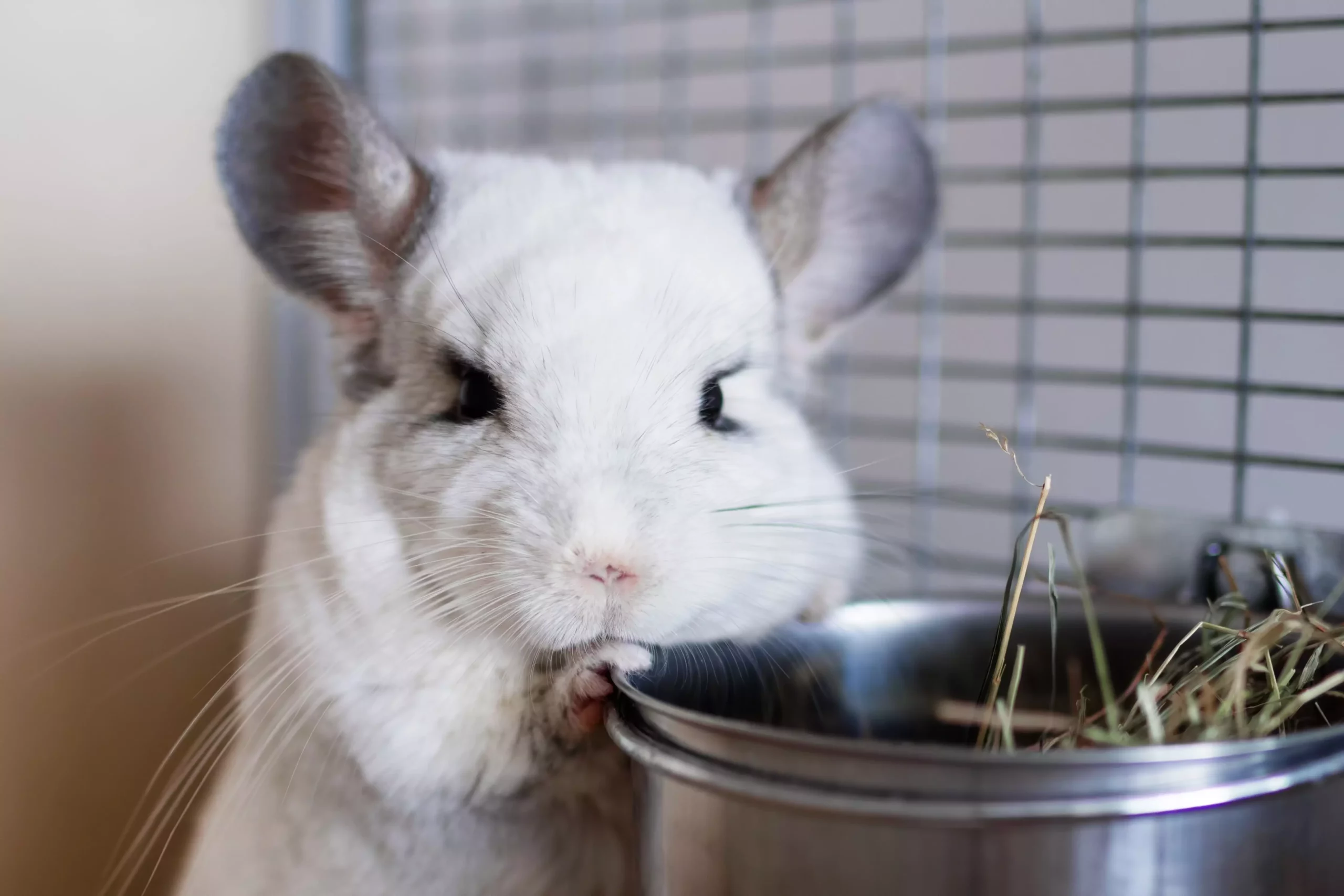Chinchillas are undeniably charming creatures, but before you decide to welcome one into your home, it’s crucial to evaluate whether they fit your lifestyle. These small mammals have unique care requirements that can be both rewarding and demanding. In this article, we will delve into the specific characteristics of chinchillas, discuss their suitability as pets, highlight potential challenges, and offer practical advice for prospective owners.
Chinchillas are native to the Andes mountains of South America, known for their dense, luxurious fur that is incredibly soft to the touch. Unlike traditional pets like dogs or cats, chinchillas are nocturnal animals, meaning they are most active during the night. This nocturnal lifestyle might not align with every household’s rhythm, especially for families with young children or working professionals who maintain daytime schedules.
Additionally, chinchillas are incredibly social animals. In the wild, they live in colonies, so they thrive on interaction, whether with their own kind or human companions. Yet, this fundamental need for socialization can become a double-edged sword. A solitary chinchilla may experience loneliness unless its owner dedicates significant time to engage with it, which can be challenging for those with busy lives.
When considering bringing a chinchilla into your home, it’s essential to prioritize its health. Potential owners should be vigilant about selecting a healthy chinchilla. Key signs of illness include lethargy, a lack of appetite, or unusual behaviors. While certain health conditions can be hidden, a quick visual assessment can help identify any alarming signs. It’s also wise to avoid chinchillas housed with visibly sick cage mates, as many diseases can spread among these sensitive creatures.
Taking the time to establish a healthy relationship with your chinchilla goes beyond basic health checks. This initial assessment can also provide insights into the animal’s temperament, helping you choose a chinchilla that aligns with your lifestyle.
Chinchillas require a spacious, multi-level cage that allows them to jump, explore, and express their natural behaviors. It’s crucial to establish the habitat before bringing your chinchilla home to ensure a seamless transition. Essential accessories include a dust bath, nesting box, chew toys, and a reliable water source, which are vital for their well-being.
Moreover, the right diet is foundational for chinchilla care. These animals require a high-fiber diet, primarily comprising grass hay and specially formulated chinchilla pellets. It’s important to avoid feeding them inappropriate foods, as this can lead to serious digestive issues. Treats, while tempting, should be given sparingly to maintain their health.
Unlike standard pets that require water baths, chinchillas thrive on regular dust baths. This unique grooming method helps maintain their thick, plush fur by absorbing oils and removing dirt. Regular dust baths not only contribute to their grooming but also provide a source of enjoyment and stimulation for them. Incorporating such experiences into their daily routine can enhance their quality of life and strengthen your bond.
Introducing your chinchilla to handling takes time, especially if they’re older and accustomed to minimal human interaction. While some chinchillas may prefer exploring over being held, others may enjoy climbing on your arms. Understanding their preferences and creating a safe environment will enable you to foster a rewarding relationship.
Chinchillas are naturally inquisitive and energetic creatures. They love to chew, run, and jump—behaviors that can be supported through engaging toys and safe playtime outside their cage. Choosing the right toys is essential, as it not only serves as a source of entertainment but also promotes dental health. It’s critical to ensure all toys are safe and designed for chinchillas, avoiding any items that could pose choking hazards.
Additionally, any exploration outside the cage must be supervised and undertaken in a chinchilla-proofed environment. Their curiosity can lead them to investigate at the expense of your household items, so a focus on creating a safe space is imperative.
Chinchillas can make delightful pets for devoted owners who can cater to their unique needs. Understanding the requirements of these affectionate creatures—from social interaction to dietary needs and housing—will enable you to cultivate a happy, healthy environment for them. Prospective owners must honestly assess their lifestyles and commitments to determine if they are ready for the joys and responsibilities that accompany pet chinchillas. While these enchanting animals are a joy to behold, they require a commitment that is not to be taken lightly.


Leave a Reply